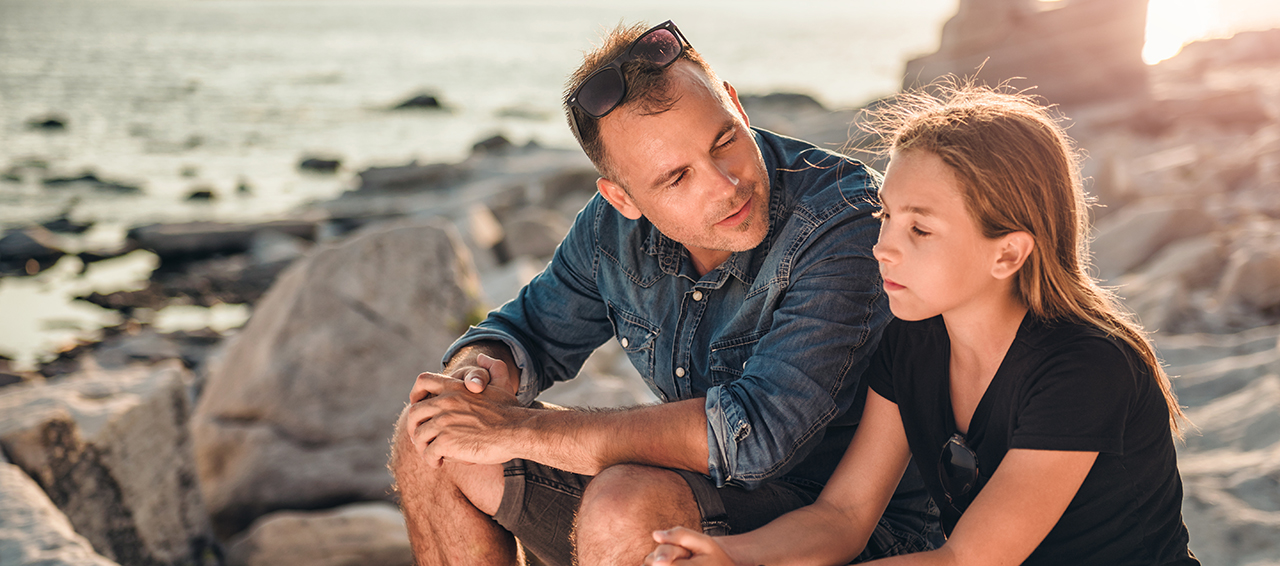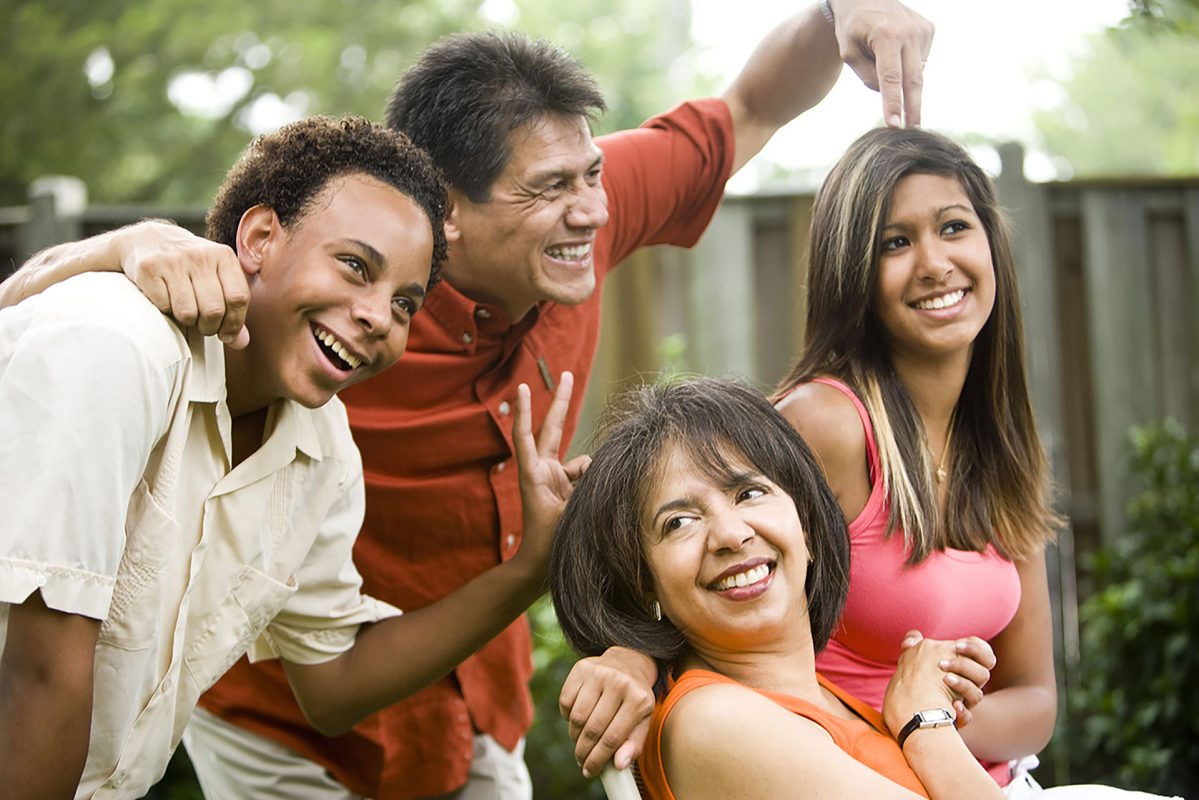Anxiety in Children, Adolescents and Young Adults
The world is a challenging place. Today’s preteens, teens and young adults are all affected by anxiety at one time or another. It is the body’s natural reaction to stress and is a normal part of growing up. Normal anxiety is temporary and usually harmless, but it becomes a disorder when your child has disproportionate responses to situations that make it difficult or impossible for them to cope.
If worries become overwhelming and your child is suffering from an excessive amount of fear, nervousness, shyness or they have difficulty sleeping because of their anxiety – they may be experiencing symptoms of an anxiety problem or disorder.
What Is Anxiety?
Anxiety is the body and mind's reaction to dangerous, stressful or unfamiliar situations. It's the sense of dread, distress or uneasiness, felt before a significant event. A certain level of anxiety helps us stay alert and aware, but for those suffering from an anxiety disorder – it feels far from normal – it can be completely debilitating.
Anxiety disorders are the most common mental health disorders found in children, teens and young adults today, even surpassing those of depression. Anxiety disorders affect 1 in 8 and research shows that – if left untreated – anxiety can lead to serious mental health problems such as depression, substance use and even suicide. It also can interfere with the ability of your child to focus and learn – causing school or work problems.
It has a lifelong impact on their ability to deal with everyday social issues. Anxiety can also lead to physical problems – such as chronic pain, digestive problems, headaches and heart disease later in life.
- Anxiety treatment is effective in more than 80% of children, adolescents and young adults.
- In the past 10 years, there has been greater recognition of anxiety in youth by health care providers, including a 17% increase in anxiety diagnoses. Yet anxiety symptoms are often ignored or minimized. As little as 1% of youth with anxiety seek treatment in the year symptoms begin.
- Untreated anxiety is a “gateway disorder,” meaning an increased risk in adulthood for depression and a two-fold increase in risk for substance use and suicide.

How Can I Tell if My Child Has an Anxiety Disorder?
Symptoms of an anxiety disorder can come on suddenly, or they can build gradually and linger until you begin to realize that something is wrong with your child. Sometimes anxiety creates a sense of doom and foreboding that seems to come out of nowhere.
It's common for those with an anxiety disorder to not know what's causing the emotions, worries, and sensations they have.
Common signs and/or symptoms of an anxiety disorder can include:
- Avoiding activities, school or social interactions.
- Changes in behavior, such as irritability.
- Distracted, fidgety, hyperactive or restless.
- Exaggerated and usually inexplicable fears (phobias).
- Feeling afraid, anxious or worried for no reason at all.
- Chronic physical complaints, such as fatigue, headaches or stomachaches.
- Panic attacks or fear of having panic attacks.
- Substance use or other risky behaviors.
- Trouble concentrating or sleeping.
- Worrying too much about everyday events or activities.
Often, symptoms of anxiety are associated with physical complaints such as headaches or an increased heart rate, or an upset stomach. An examination by a family physician is commonly the first step in knowing if your child has an anxiety disorder.
How Are Anxiety Disorders Diagnosed and What Are the Treatment Options?
While there aren't any laboratory tests to specifically diagnose anxiety disorders, your family physician might use various diagnostic tests to rule out physical illness as the cause of the symptoms. If no physical illness is found, your child might be referred to a mental health professional who is specially trained to diagnose and treat mental illnesses. A mental health practitioner will then use specially designed assessment and interview tools to evaluate your child for an anxiety disorder and lay out a course of treatment.
We use Dialectical Behavior Therapy (DBT) to identify and change thinking patterns and unhealthy behaviors that negatively affect quality of life, teaching your child how to develop new skills to effectively cope with stress, decrease conflict, manage emotions, improve relationships with others, focus on the present and live in the moment.
We then help them practice these skills so they can apply what they have learned at home, school, work and in the community, to achieve their goals, improve their well-being and affect lasting positive change.

If You Think Your Child Has Anxiety, Get Help Today
As a parent, you will encounter your preteen, teen or young adult working through emotions of anxiety, fear or worry while growing up. Try to see the world the way they do and help them to keep perspective and find ways to cope.
However, when these concerns and emotions become too difficult, they may need additional help.

